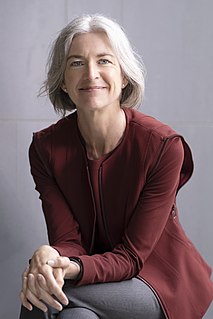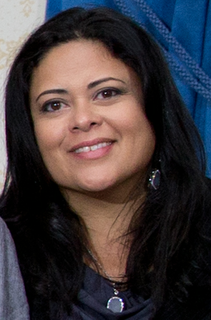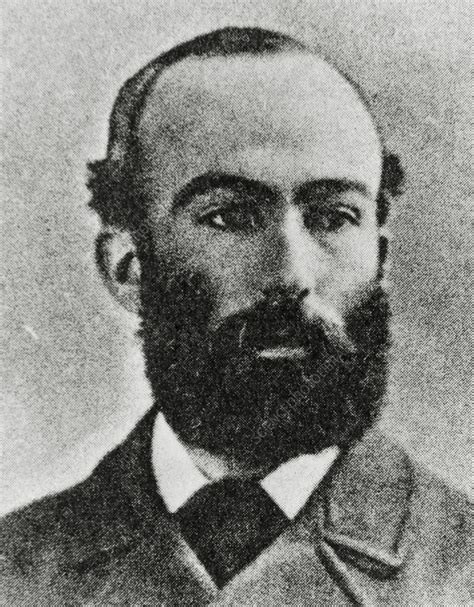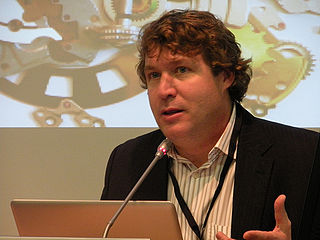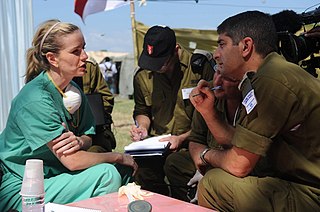A Quote by Seth Shostak
Consider: The human genome consists of about 3.3 billion base pairs. Since there are only four types of pair, that amounts to 0.8 gigabytes of information, or about what you can fit on a CD. With a microwave radio transmitter, you could beam that amount of information into space in a few minutes, and have it travel to anyone at light speed.
Related Quotes
We really are living in an age of information overload. Google estimates that there are 300 exabytes (300 followed by 18 zeros) of human-made information in the world today. Only four years ago there were just 30 exabytes. We've created more information in the past few years than in all of human history before us.
If you have 15 minutes per visit, and you spend the first 9 minutes just collecting information from them, before you do anything else, you know half of your visit is gone already. So if you have an automated system that has most of that and, and in some cases I actually have patients complete questionnaires before they come in, so I'd gotten most of the information I need to ask about, already recorded, instead of having 9 minutes I can take 3 minutes to review all this information.
As a Christian, but also as a scientist responsible for overseeing the Human Genome Project, one of my concerns has been the limits on applications of our understanding of the genome. Should there be limits? I think there should. I think the public has expressed their concern about ways this information might be misused.
Such compression of large amounts of information into a few exformation-rich macrostates with small quantities of nominal information are not only intelligent: they are very beautiful: yes, even sexy. Seing a jumble of confused data and shreds of rote learning compressed into a concise, clear message can be a real turn-on.
In an information economy, entrepreneurs master the science of information in order to overcome the laws of the purely physical sciences. They can succeed because of the surprising power of the laws of information, which are conducive to human creativity. The central concept of information theory is a measure of freedom of choice. The principle of matter, on the other hand, is not liberty but limitation- it has weight and occupies space.
The body itself is an information processor. Memory resides not just in brains but in every cell. No wonder genetics bloomed along with information theory. DNA is the quintessential information molecule, the most advanced message processor at the cellular level - an alphabet and a code, 6 billion bits to form a human being.

